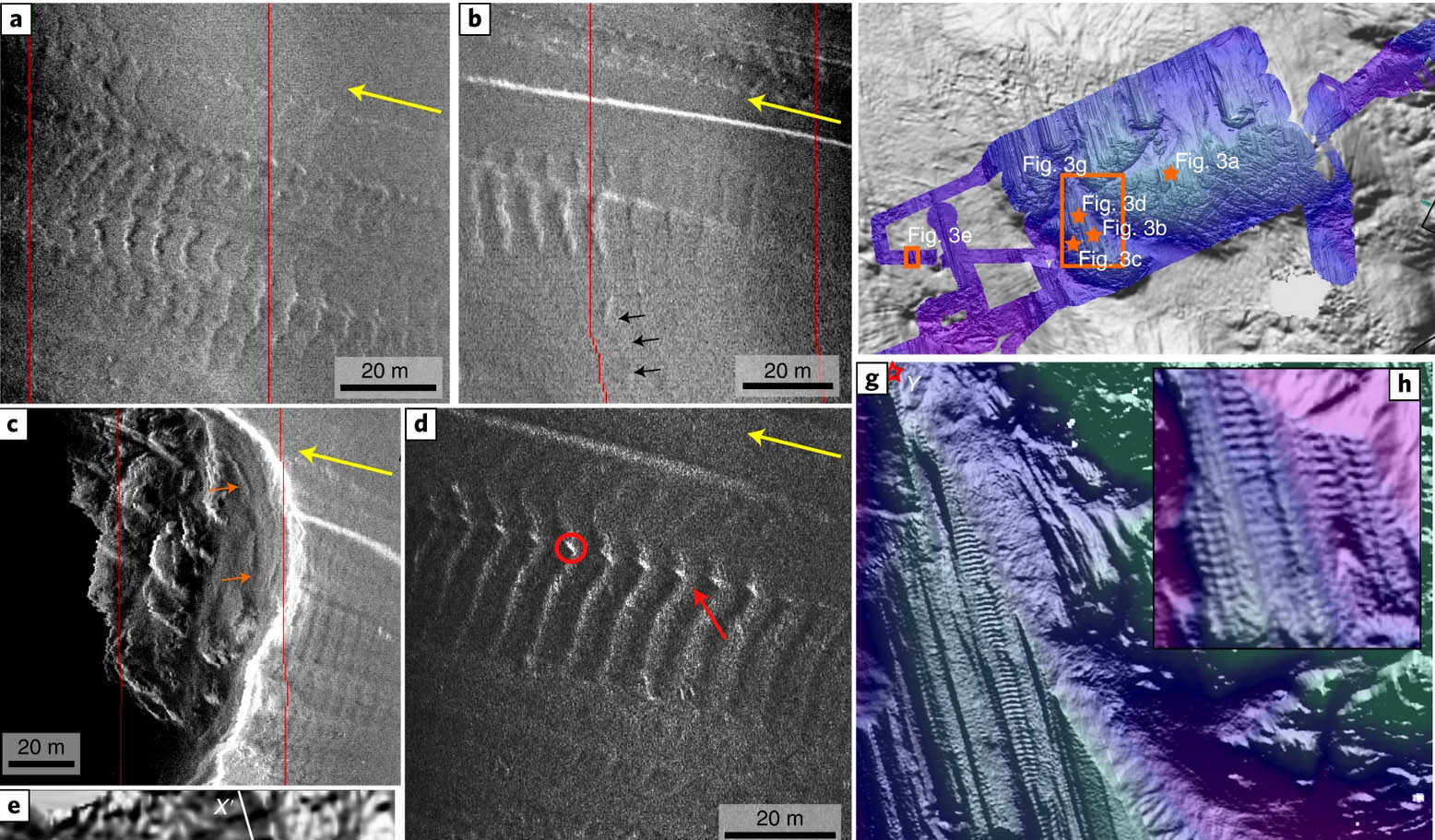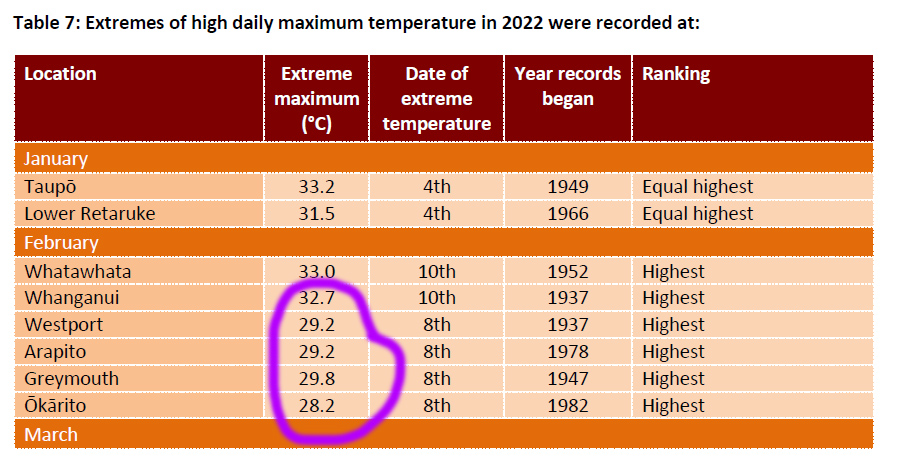WASHINGTON – No one should expect allies to always agree. The United States and Britain tangled over strategy during World War II, and the Soviet Union did not always see eye to eye with its Eastern European satellites. But allies share the same general hopes for the future and work for the same goals.
That’s what makes them allies. Nations that hold different hopes and act against the interests of one another are competitors if not adversaries. Turkey has transformed itself from reliable U.S. ally to brazen adversary – confronting our allies in the region, strengthening its ties to our enemies, and promoting outcomes that conflict with our goals.
The transformation was years in the making, fueled by Prime Minister Recep Tayyip Erdogan, who has worked to change Turkey’s government from democratic to authoritarian and its society from secular to Islamic.
Early in his tenure, Erdogan refused to let the United States attack Iraq from Turkish territory and backed Syria after the Cedar Revolution in Lebanon. Recently, he has acted more forcefully against U.S. interests. The United States has no more urgent foreign policy challenge than preventing Iran from developing nuclear weapons – and Turkey has increasingly undercut U.S. efforts to pressure and isolate Tehran.
Turkey warmly welcomed Iranian President Mahmoud Ahmadinejad, whom Erdogan calls a “friend,” to Istanbul this year; cast one of just two votes against the latest U.N. Security Council sanctions against Iran; vowed not to comply with additional sanctions from the United States and Europe; and, in the weeks before the U.N. sanctions vote, worked with Brazil on a deal to break the nuclear impasse, undercutting U.S. efforts to rally the world around a tougher stance.
Meanwhile, Ankara has deepened its economic ties to Tehran, inking a deal to build a gas pipeline, expanding trade, inviting more Iranian investment in Turkey as other nations have shunned Iran, and providing a gateway for Iranian banks to evade U.S. and European financial sanctions.
The United States has no greater regional ally than Israel – and Turkey has increasingly confronted Israel on the world stage and incited anti-Israeli sentiment at home by promoting crude anti-Semitism. Erdogan embarrassed Israel’s president, Shimon Peres, at Davos last year, telling him at a public event that “I know well how you kill children on beaches, how you shoot them” before storming off the stage.
Then, last spring, Turkey’s government supported the flotilla whose confrontation with Israeli commandos was orchestrated by a terror-tainted Islamic “charity.” Turkey let the boats depart from its territory, dismissed Israeli offers to deliver “humanitarian” aid to Gaza by truck, and then demanded that Israel apologize for the bloodshed that was instigated by passengers on one boat who were armed with axes, knives, bulletproof vests and gas masks and had previously expressed a desire for martyrdom.
Later, Turkish officials welcomed flotilla participants back home, called Israeli actions “state terrorism” and a “bloody massacre,” and spearheaded the U.N. Security Council efforts to sharply rebuke Israel. Turkey’s warmth toward Iran and iciness toward Israel are strokes on a larger canvas.
Ankara has sought closer ties with Syria, backed the terrorist group Hamas as the legitimate voice of Palestinians, welcomed Hamas leader Khaled Mashal to Turkey, and reportedly helped smuggle rockets to the terrorist group Hezbollah. Thus, Ankara has picked its side in the deepening regional divide between, on one hand, Iran, Syria, and their terrorist clients and, on the other, the United States, Israel, and Arab states like Saudi Arabia, Egypt, and Jordan that fear Iran’s ascendance and seek to block its nuclear ambitions.
Ankara has one world view, Washington another. This is no quarrel among allies. It’s a basic split between former allies, replaced by an adversarial relationship to which Washington should respond accordingly.








